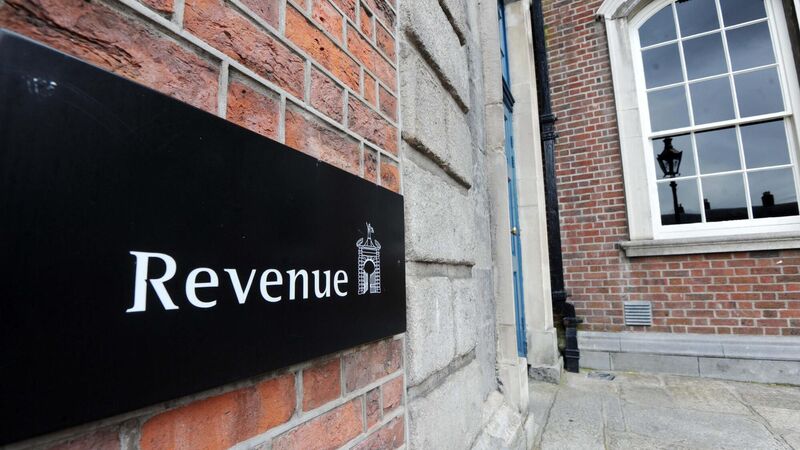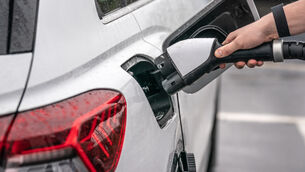Spanish firm wins €900,000 tax appeal over M4/M6 motorway

Lawyers for Revenue had claimed Cintra had excavated the land, built the motorway, and regulated the use of the land by motorists. Picture: Laura Hutton/RollingNews.ie
A Spanish company has successfully appealed a tax bill of almost €900,000 issued by Revenue over the sale of its shareholding in the Eurolink consortium that built and operated the M4/M6 Kinnegad-Kilcock motorway.
The Tax Appeals Commission (TAC) has ruled in favour of Cintra, a leading global transport infrastructure provider, against an assessment for €868,388 in capital gains tax in 2016.











